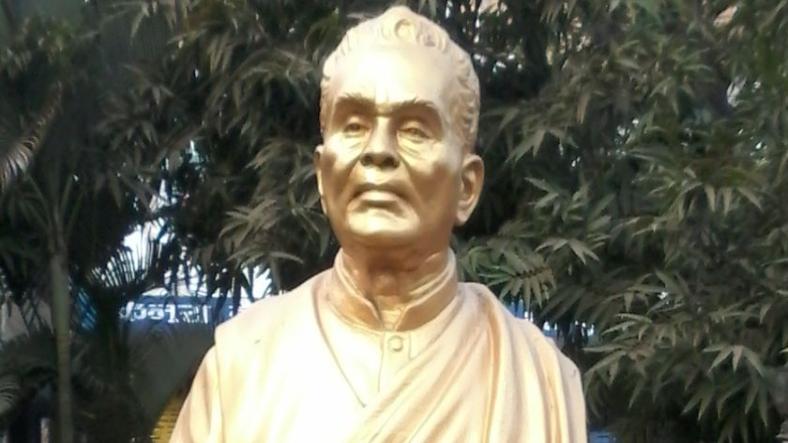Tanguturi Prakasam Pantulu (1872-1957), popularly known as Tanguturi Prakasam, was a distinguished Indian politician, freedom fighter and social reformer. His contributions to the Indian independence movement and his role in shaping the political landscape of Andhra Pradesh make him a significant figure in Indian history.
Early Life and Education
- Birth and Background: Born on August 23, 1872, in a modest Telugu-speaking family in the village of Ubrani, Andhra Pradesh, Tanguturi Prakasam grew up in an environment that valued education and social service. His father, Tanguturi Suryanarayana, was a noted scholar and teacher.
- Education: Prakasam attended the local school and later pursued higher education in Madras (now Chennai). He was a bright student and showed early signs of leadership and a commitment to social justice.
Political and Social Activism
- Freedom Movement: Prakasam was actively involved in the Indian independence movement. He joined the Indian National Congress and played a significant role in mobilizing support for the nationalist cause. His leadership in various campaigns and his participation in protests and movements demonstrated his commitment to India's freedom.
- Role in Andhra Pradesh: Prakasam's influence was particularly notable in the Andhra region. He was a prominent leader in the Andhra Sabha, which worked towards the political and economic upliftment of the Telugu-speaking population. His efforts contributed to the integration of the Telugu-speaking areas into the Indian Union.
- Social Reforms: Beyond his political activities, Prakasam was a staunch advocate of social reform. He worked towards the upliftment of marginalized communities and promoted educational and social reforms to improve the quality of life for the underprivileged.
Political Career
- Chief Minister of Andhra Pradesh: Prakasam served as the Chief Minister of the erstwhile Andhra State (later part of Andhra Pradesh) from 1953 to 1955. During his tenure, he focused on developmental issues, including education, infrastructure and social welfare.
- Advocacy for Statehood: He played a key role in the movement for the creation of Andhra State, which was formed in 1953. His leadership and advocacy were instrumental in achieving the goal of a separate state for Telugu-speaking people.
Legacy and Recognition
- Contribution to Andhra Pradesh: Prakasam’s contributions to Andhra Pradesh are remembered for his role in the state's political and social development. His leadership in the formation of Andhra State and his efforts towards social reform have left a lasting impact on the region.
- Honors: Tanguturi Prakasam’s legacy is honored through various institutions and memorials named after him. His contributions to Indian politics and social reform are commemorated in Andhra Pradesh and beyond.
Personal Life and Philosophy
- Family: Prakasam was married to Smt. Satyavathi Devi and the couple had a family that supported his public and political life. His family played a crucial role in his personal and professional journey.
- Public Persona: Known for his integrity, commitment to social justice and leadership, Tanguturi Prakasam was respected as a visionary leader. His dedication to the cause of independence and social reform earned him a place of honor in Indian history.
Tanguturi Prakasam Pantulu’s contributions to Indian politics, social reform and the independence movement have established him as a pioneering figure in Indian history. His leadership in the Andhra region, his advocacy for social justice and his role in the formation of Andhra State highlight his significant impact on the political and social landscape of India. Prakasam’s legacy continues to inspire future generations through his commitment to justice, reform and the betterment of society.
Thanks for reading the article, for more great peoples related articles read our peoples blog articles.










